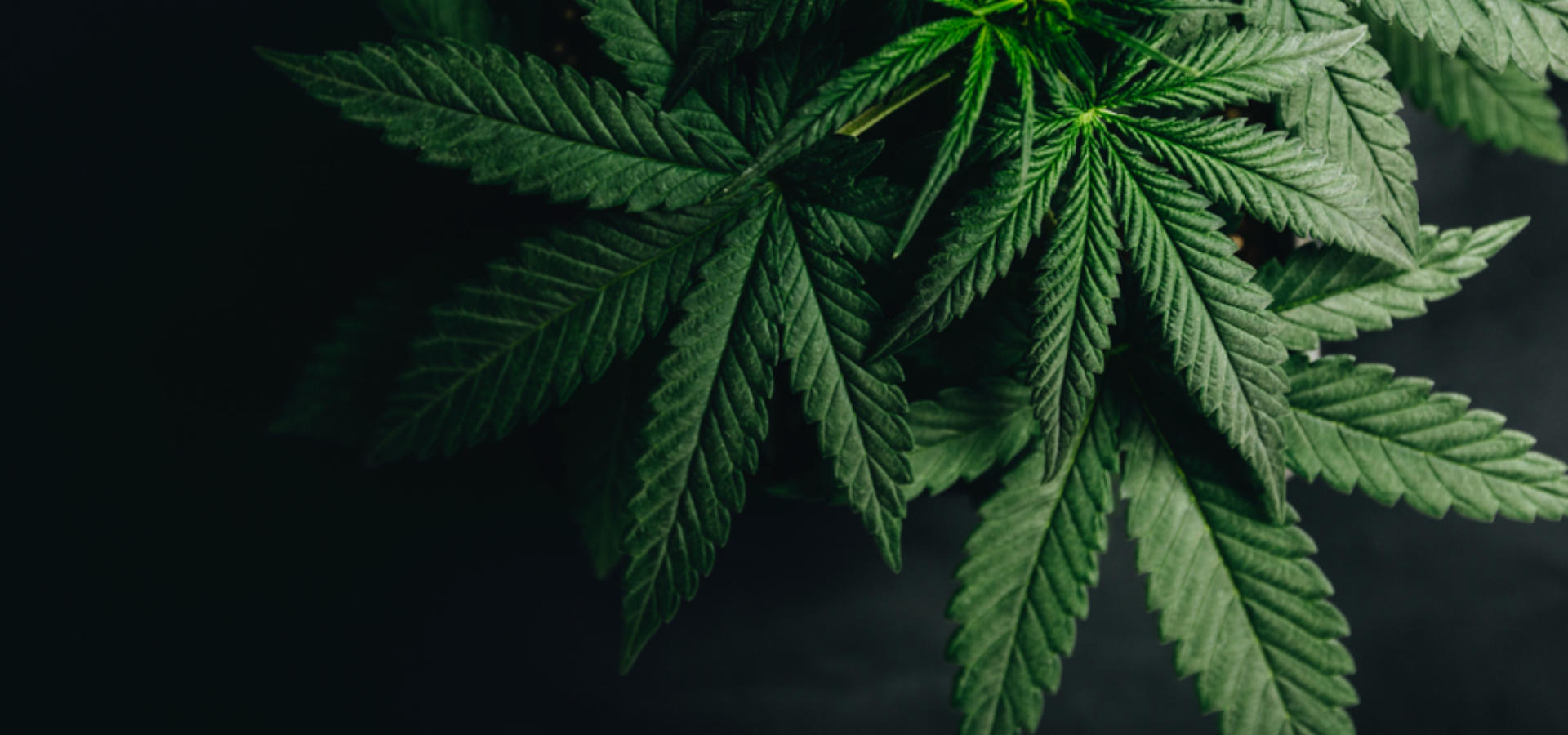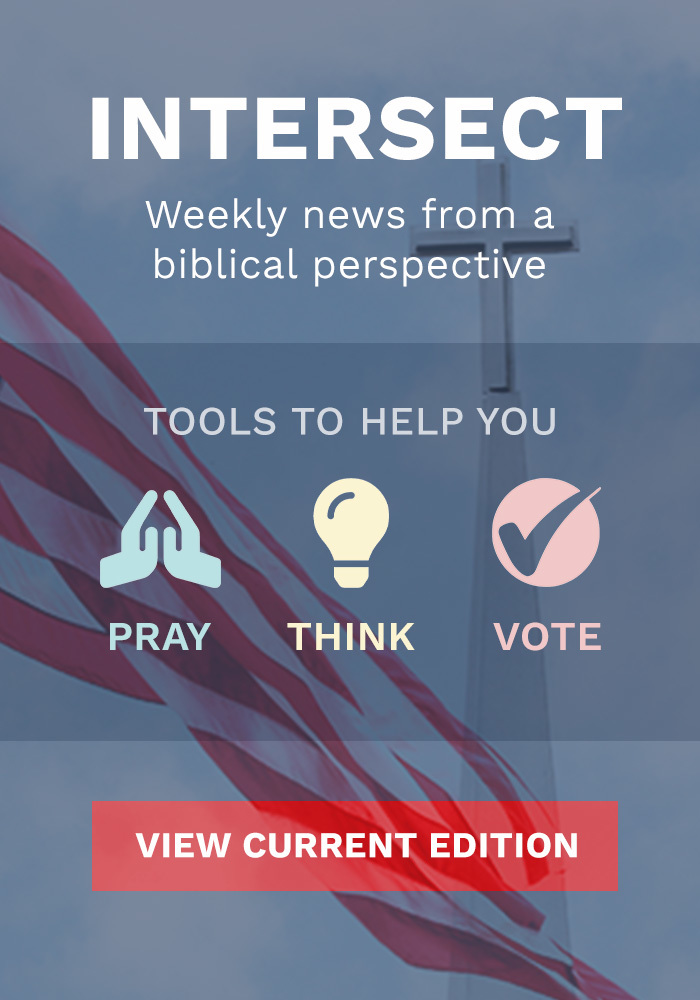
Why is recreational marijuana more dangerous than you think?
In plain sight, radical progressives have pooled money, influence, and power for decades to get us to this point. They have made edits, redefinitions, and outright codification of laws and terms that are contrary to common sense, moral values, and biblical principles. It is their years of methodical work to change public opinion that has set the stage for what we see playing out today.
With an overwhelming share of U.S. adults (91%) saying that marijuana should be legal for medical and recreational use according to Pew Research, it seems a forgone conclusion that voters will further open the door to this gateway drug as not only legal but more acceptable, In fact, fewer than one-in-ten (8%) say marijuana should not be legal for use by adults.
What voters may not realize is what’s at stake and what our society stands to lose when marijuana is made legal. The old saying that marijuana is a gateway drug is truer today than we may have thought. In fact, former 4th Judicial District Attorney Dan May from El Paso County, CO says, “Marijuana is a gateway to homicide.”
It’s imperative that we, as Christians, are able to understand what’s really going on and why we need to be informed before the disastrous consequences of legalized drugs are heaped upon us. The result of allowing “a little sin” will only enable this cancer to metastasize and grow.
Marijuana is a trojan horse…and here is what you may not know.
The term “marijuana,” especially when paired with words like “medical” or “recreational”—makes it seem safe and harmless. But we should always refer to marijuana as a “drug” and include its technical name, “Cannabis Sativa”. People mistakenly think marijuana is a single well-understood substance but it’s important to know that “Cannabis Sativa” (marijuana) is really a mysterious combination of more than 500 chemicals with unknown effects.
Marijuana is classified as a Schedule I drug. Schedule I drugs are substances or chemicals that are defined as “drugs with no currently accepted medical use and a high potential for abuse.”
THC, a component of marijuana, can cause acute psychotic symptoms such as hallucinations, paranoia, delusional beliefs, and feeling emotionally unresponsive during intoxication. These symptoms are worse with higher doses. The Substance Abuse and Mental Health Services Administration states, “Today’s marijuana is stronger than ever before. People can and do become addicted.” And its use can have negative and long-term effects on brain health, mental health, athletic performance, and overall daily life. Psychiatrists report increased addiction, suicide, psychosis, and depression.
THC (the psychoactive component in marijuana) is being reported at levels close to 100% in many of today’s products.
We now have concentrated THC products such as oil, shatter, dab, and edibles that have been able to get the THC concentration upwards of 95%”, says Elizabeth ‘Libby’ Stuyt, MD, a board-certified Addiction Psychiatrist stated. High THC levels above 10% are considered high potency.
One of the more stunning and underreported effects of marijuana use is what’s called “cannabinoid hyperemesis syndrome” which is repeated and severe bouts of vomiting. There has been a notable increase in this syndrome with the loosening of marijuana laws in the United States.
Marijuana legalization leads to serious consequences.
Colorado, one of the first states to legalize marijuana, reports a 153% rise in fatal crashes where drivers tested positive for marijuana. 21% of those traffic fatalities were attributed directly to marijuana.
Marijuana use among young people in “legal” states is alarmingly high and rising. Colorado reports indicate those age 15 or younger have increased past month “use” rates of 14.8% since 2017.
Did you know that marijuana can be a pathway to other drugs of abuse? Four out of every 10 lifetime marijuana users will go on to use another drug in their lifetime.
Marijuana has been proven to adversely affect communities, states, and our nation. This is the time when we should be dissuading all drug use and NOT making a deadly product easier to acquire.
As of September 2022, The American Medical Association says that the nation's drug overdose epidemic continues to worsen. The cannabis black market is thriving in states with legalized marijuana due to the high tax on marijuana. Marijuana proponents overemphasize the benefits of tax revenue to garner support for legalization, but studies prove the societal costs of legalized drugs far outweigh the revenue marijuana sales bring in.
Legal marijuana opens the door to future decriminalization or legalization of additional drugs. 38 states in the nation now have needle exchange facilities even though federal law forbids the use of federal funds to support needle exchanges. But they are still open and operating.
When we talk about recreational marijuana, we are not talking about medicinal marijuana that helps those suffering from seizures and PTSD. We are addressing the kind of marijuana that “pot pushers” are trying to legalize through ballot measures and state legislative actions for commercial purposes. When this kind of high-potency marijuana is made legal for sale, possession, and consumption, all kinds of dangerous consequences follow.
Recreational marijuana, sometimes called by its psychoactive drug name - cannabis, has erratic THC levels that cause the “high” when the weed is ingested through smoking, edibles, oils, and such. Voters who voted for legalization in almost half of the states in the nation likely thought they were voting for marijuana from the 1960s to 1980s when the THC content was less than 2%. The problem is, today’s THC is not like that of the 60s, 70s, and 80s. Today’s pot has psychoactive concentration levels of THC upwards of 95%.
The high potency levels in recreational marijuana are nothing to play around with. They are not just causing personal harm to those imbibing, they are turning entire communities upside down with high crime rates, increased death due to vehicle accidents and suicide, psychiatric issues including violent psychotic episodes, and easy access for youth consumption.
And to top it off, legalization has ushered in an environment rife with violent drug cartels setting up shops in small communities to capitalize on the easy cash flow and lack of drug enforcement.
Pot pushers do not want the American public to know the truth about the consequences of legalization, so they spend millions on ads promising increased tax revenue for cash-strapped cities and local schools, and spew misinformation about the long-term impact of legalizing a drug that the Controlled Substance Act declares has a high potential for abuse and no currently accepted medical use.
The truth is, no community or local law enforcement is ready for the long-term consequences of legalized marijuana. California, Washington, Oregon, and Colorado bear witness to that.
Doctors are expressing alarm over the increasing potency and the health risks:
- Psychosis and brain development issues in youth
- Cannabinoid hyperemesis syndrome (CHS) - whose symptoms are similar to someone who has Crohn’s disease or disease of the gallbladder or pancreas.
- Emphysema in smokers.
- Learning delays in adolescents.
Since Colorado legalized recreational marijuana for people 21 and over, use among children as young as 12 has tripled, deadly traffic deaths have increased by a third, and 29% of suicide victims now test positive for marijuana in their system.
Pediatric edible poisonings in the U.S. have grown from 207 in 2017 to 3,054 in 2021, according to federal data, and states legalizing cannabis like Colorado have seen a large increase in hospitalizations and poison control visits than other states.”
A biblical perspective on marijuana.
A quick internet search on Christians and the topic of marijuana will bring up a variety of viewpoints and arguments for and against the legalization of this drug. So how do we sort through the facts and fiction to understand a biblical perspective?
Let’s begin with the purpose. The use of recreational marijuana is to have a mind or conscious-altering experience. That's the point of marijuana. And Christians need to understand that there is nothing in scripture to justify trying to escape reality. The Bible does not dignify an altered state. In fact, it warns against drunkenness (an altered state) in both the new and old testaments over and over again.
If one looks at the rates of acceptance and moral change on the issue of same-sex marriage and the issue of marijuana, there is tremendous overlap. And that overlap reveals that slowly but steadily, Americans overwhelmingly believe that something that in the past was viewed as morally wrong is now believed as right.
As we stated at the beginning of this article, allowing “a little sin” will only further a cancerous cell to metastasize and grow. If we don’t stop the progression of allowing, decriminalizing, and embracing the legalization of marijuana now, be prepared to face the disastrous outcomes that are sure to come to society.
As taxpayers and Christians, we should be alarmed and work together to wake America up to what is going on. Together we can stop this madness. Please do not assume that your pastor and church friends have all the information they need to stand against the BIG marijuana movement. Reach out to your church, friends, and family to make sure they are fully informed.
###
My Faith Votes— is a ministry that motivates, equips, and activates Christians in America to vote in every election, transforming our communities and influencing our nation with biblical truth. An estimated 25 million Christians who are registered to vote, fail to vote in presidential elections. My Faith Votes is on a mission to change this statistic by helping Christians act on their faith and vote in every election. When we pray unceasingly for our nation, think biblically about the issues, and vote consistently in every election the impact of Christians taking action from the local to the state and federal level will be unprecedented.
Website | www.myfaithvotes.org Twitter | @MyFaithVotes Facebook | My Faith Votes
